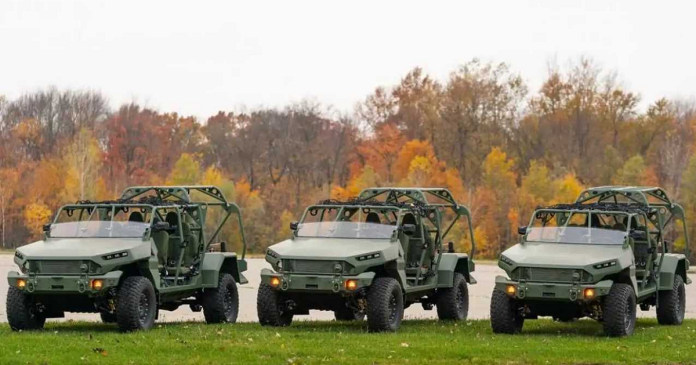The Military Vehicle Electrification Market, valued at USD 4.1 billion in 2023, is forecasted to surge to USD 20.4 billion by 2030, growing at a CAGR of 25.6% according to MarketsandMarkets. This market represents a significant segment within the defense industry, focusing on incorporating electric and hybrid propulsion in military vehicles. The primary aim is to boost operational efficiency, cut down fossil fuel reliance, and minimize environmental impact. It involves developing, producing, and integrating electric drivetrains, energy storage systems, and relevant technologies specifically for military use.
The report details market revenue, growth rates, and projections, covering the period from 2019 to 2028. Notably, it highlights key market challenges, such as the lifecycle and durability of integrated systems, and opportunities, particularly in the hydrogen fuel cell systems. Key drivers include the evolving requirements of modern battlefields.
A notable trend is the growing dominance of fully electric vehicles in the market, driven by their efficiency, lower maintenance costs, reduced logistical burdens, and stealthier operation. The power conversion segment is expected to lead, vital for optimizing energy efficiency and operational capabilities in military vehicles. This segment is crucial for managing power across diverse sources, aligning with the military’s focus on sustainability and cost-effectiveness.
The medium voltage (50-600 V) segment is predicted to grow the fastest. This range provides an optimal balance of power, weight, and size for military applications, enabling quieter operation and improved agility. This voltage range aligns with the evolving electric vehicle technologies, promoting interoperability across military platforms.
Region-wise, North America is projected to hold the largest market share. The region’s strategic initiatives, technological advancements, and emphasis on sustainability position it as a leader in military vehicle electrification. The U.S., with its significant defense budget and innovative contractors, spearheads the development of advanced electric military vehicles. The region’s established automotive industry further supports the integration of electric systems into military vehicles, enhancing energy security and operational efficiency.
















